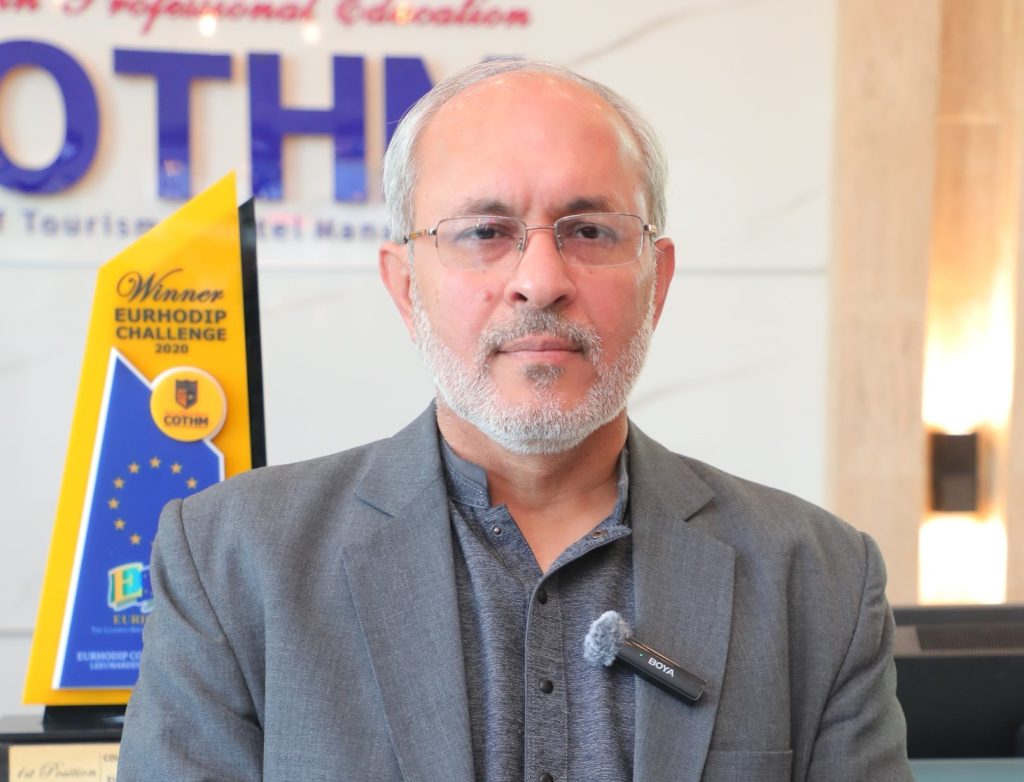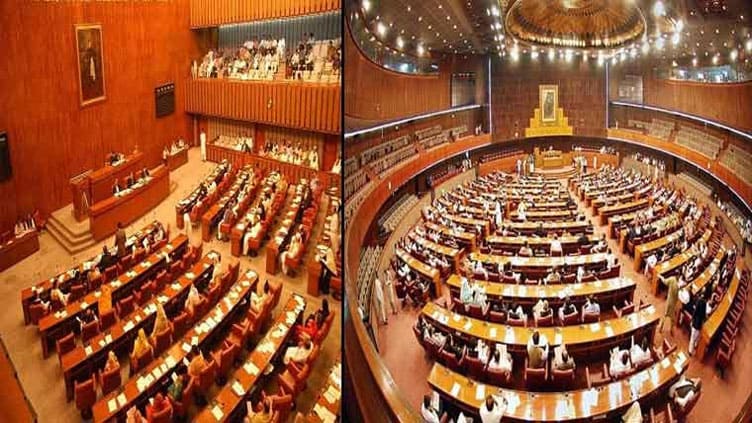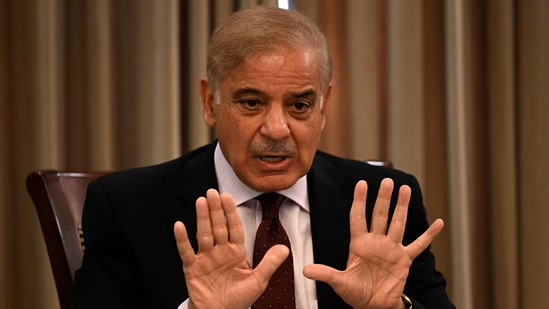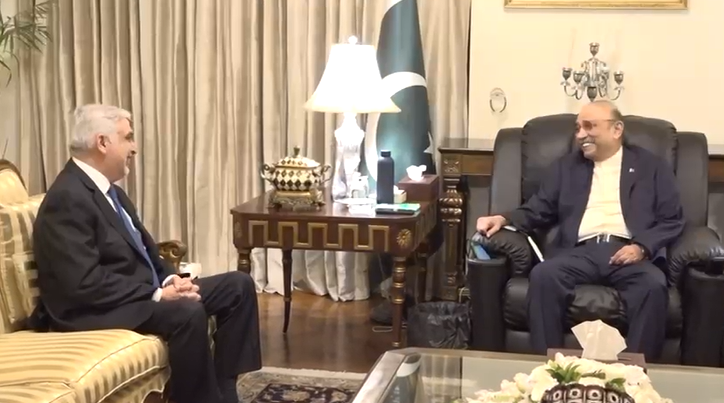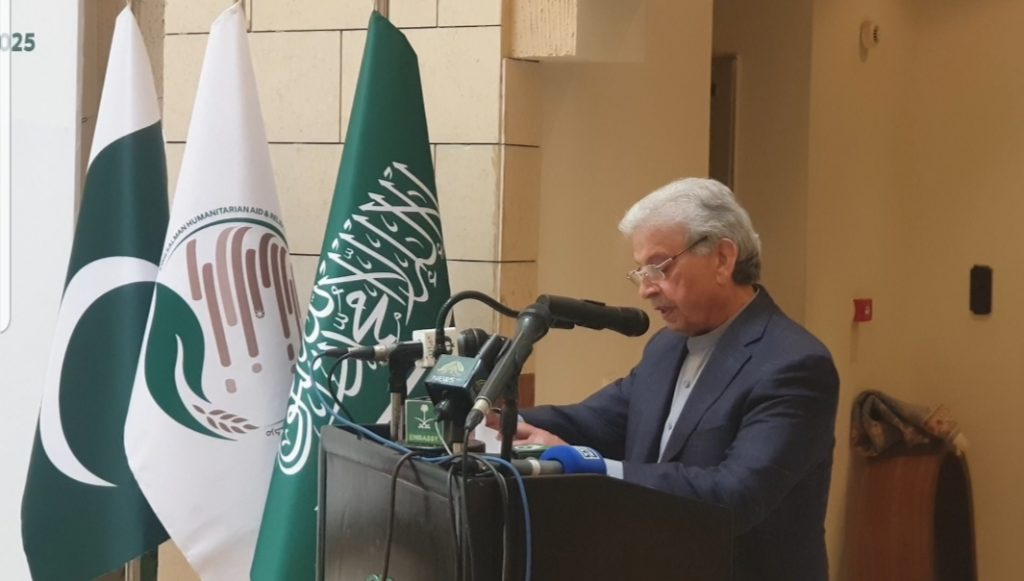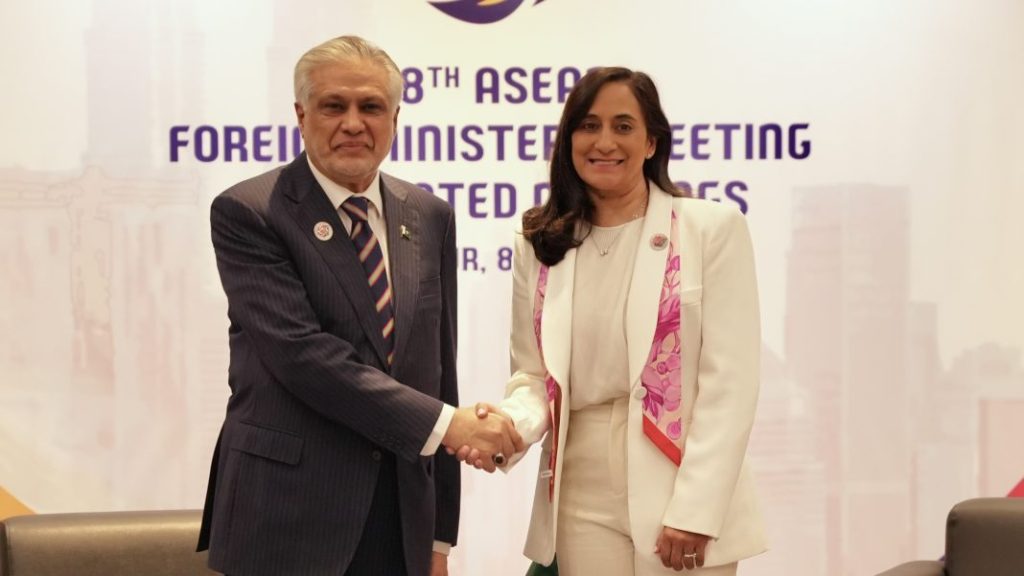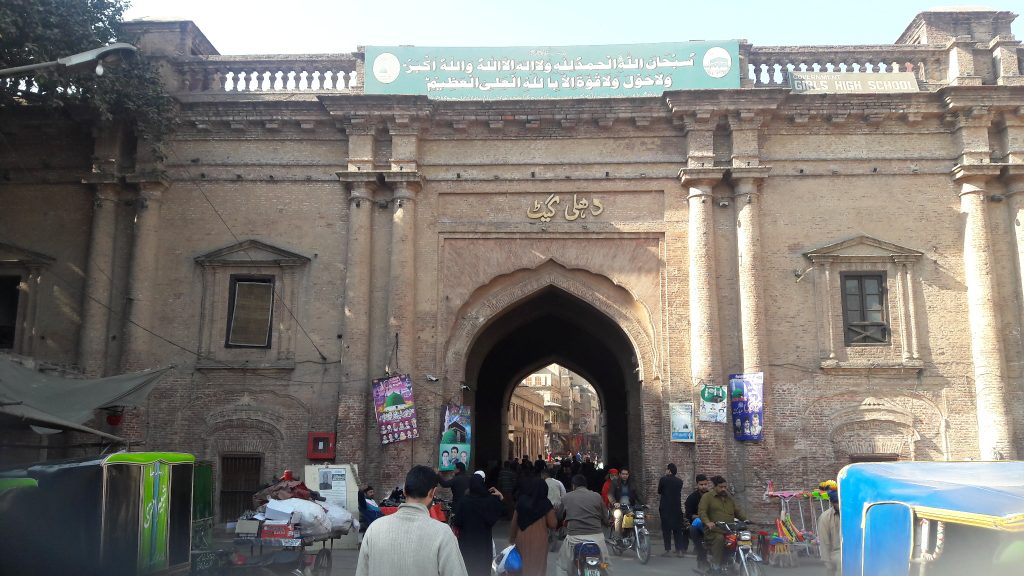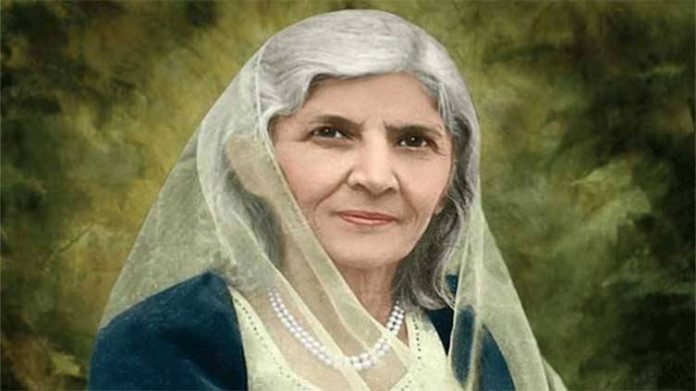Universities must integrate practical skills alongside theoretical knowledge to bridge the gap between education and industry.
By Fraaz Mahmud Kasuri
Could you tell us about your background and current role at the University of the Punjab?
Certainly. I am Professor Dr. Khalid Mahmood, specialized in information management, and I currently serve as the Vice Chancellor of the University of the Punjab. With a PhD from the University of the Punjab and post-doctorate qualifications from the University of California, Los Angeles, USA, I’ve been associated with University of the Punjab for over three decades, including a teaching stint at the University of Dammam in Saudi Arabia. According to Stanford University, I’m recognized as one of the top two percent researchers globally.
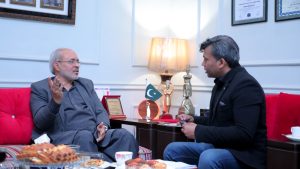
What initiatives have you undertaken during your tenure at the University of the Punjab?
In my eleven months as Vice Chancellor, I’ve prioritized research promotion. I’ve strengthened the functionality of the Office of Research, Innovation, and Commercialization (ORIC), leading to the publication of 43 research journals. Committees have been established to enhance their quality. Additionally, I’ve revived the Teachers’ Training Center, focusing on improving the university’s global ranking. Presently, the University of the Punjab stands at 139th position in Asia, a significant leap from its previous 232nd position six years ago. We’ve also expanded our representation in QS Subject rankings from three to fifteen subjects.
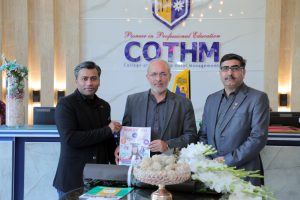
What’s your perspective on skills education in Pakistan?
The demand for skill-based education has surged owing to global industrial shifts. This necessitates a reevaluation of traditional four-year degree programs. Universities must integrate practical skills alongside theoretical knowledge to bridge the gap between education and industry. At the University of the Punjab, we’re bolstering industry relations, incorporating internships across programs, and facilitating interactions with industry experts through guest lectures and hands-on training. While theoretical understanding remains crucial, our focus is on making students market-ready.
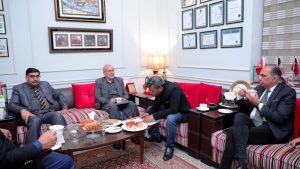
Could you share your experience with COTHM?
My recent visit to COTHM was enlightening. Institutions like COTHM, particularly in hospitality and tourism education, are rare in Pakistan. Witnessing their high-quality education delivery firsthand was impressive. As an affiliated partner of the University of the Punjab, COTHM significantly contributes to our institution’s reputation and academic endeavors. It’s a mutually beneficial collaboration that we take pride in.
What suggestions do you have for the government?
Governments play a pivotal role in policy formulation and resource allocation. I advocate for the inclusion of university professors, practitioners, and stakeholders in policymaking processes, with a focus on research and education. While the government has made commendable strides in skills education initiatives, there’s a pressing need to address the decline of government institutions globally.
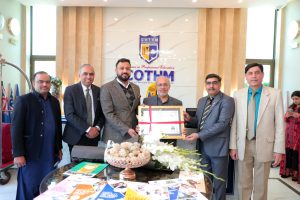
Lastly, what message do you have for the youth of Pakistan?
Pakistan’s youth possesses immense potential and respect worldwide. With dedication and commitment, they have the capability to excel globally. It’s essential for them to harness their talents and strive for excellence in their endeavors.

